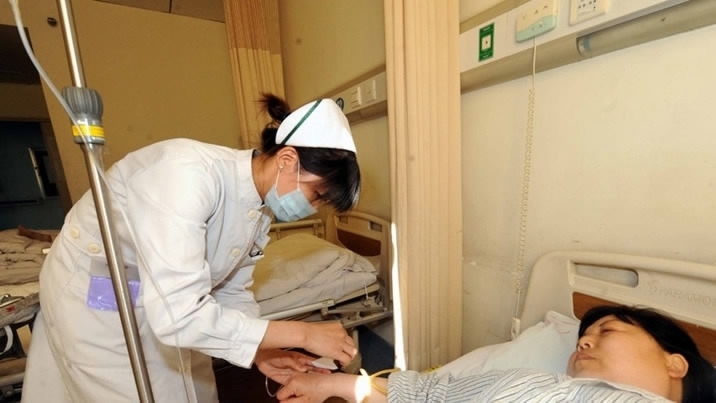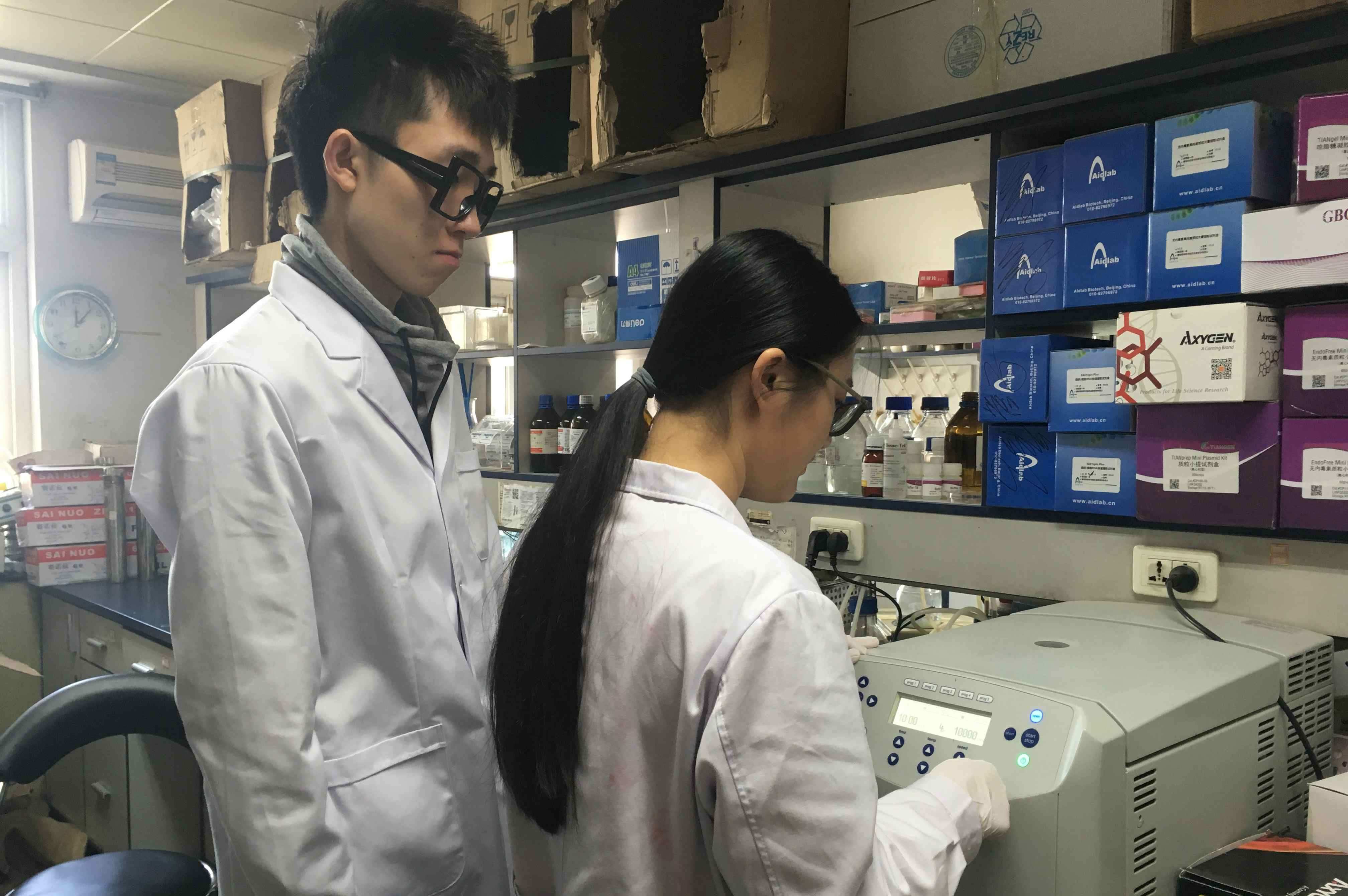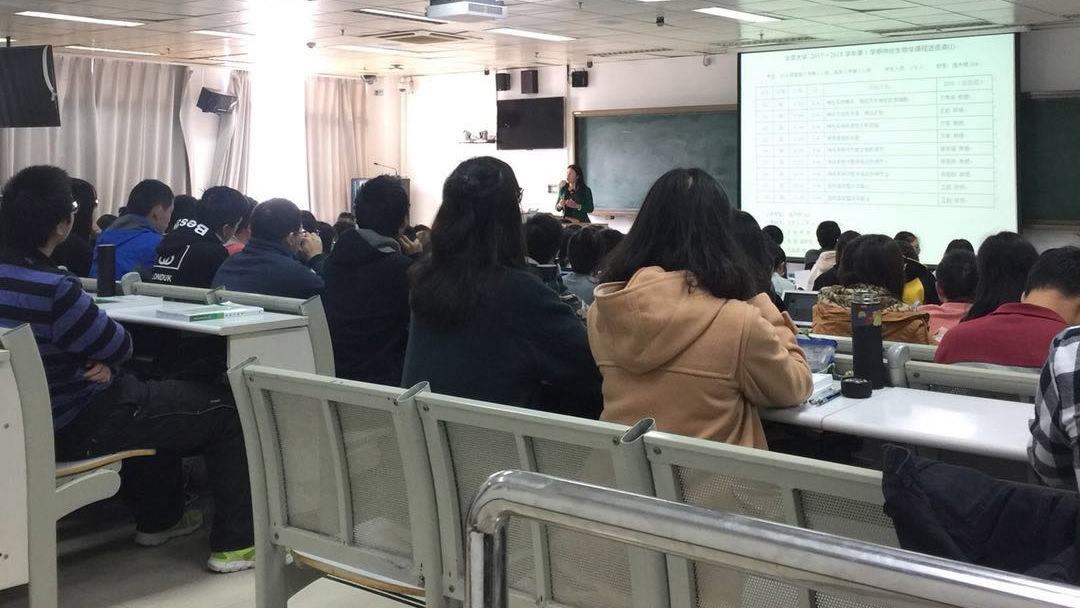
Politics
20:34, 03-Nov-2017
A healthier China: Medical students look to change healthcare landscape
By Mark Fontes

Updating the CPC National Congress on his "Healthy China" initiative last month, Xi Jinping envisioned a greatly enhanced national healthcare system, one that starts with more doctors.
But some soon-to-be doctors are not so sure about the role they'll play, if any.
Since the early 2000s, Chinese healthcare reform has seen billions spent on hospital renovations and infrastructure improvements, but far less focus on hiring quality medical personnel. As a result, many hospitals, especially public ones, aren't able to hire new doctors today. Add to that, China’s slowing economy has left the public insurance sector with gaping deficits.
"I'm worried about this really," said Wang Fei, a medical student at Peking University who graduated this Spring. "It is true that many medical students just don't want to be a doctor here."
Wang and her friend Xu Yu both said going abroad is an attractive option, at least in the short term.
"Sometimes we do not know which field is more promising," Xu said. "Choosing the right direction or future research field is very difficult for me."

Medical students work in a Peking University lab. /CGTN Photo
Medical students work in a Peking University lab. /CGTN Photo
The World Health Organization reports that for every medical practitioner in China, there are close to 1,000 potential patients, a ratio that's well outside the world's top 50.
So why is it that so many recent medical school grads struggle to get jobs at China's most reputable hospitals?
Xi has decided to troubleshoot this. In his Healthy China initiative, he has vowed to change the culture of the nation's healthcare system.
Wang Yun, Associate Dean of School of Basic Medical Science, Peking University Health Science Center(PUHSC), said this starts with trainee doctors.
"We established a new curriculum, centered round training innovative medical talent," said the director. "Measures include building a problem-based learning system, introducing humanities education, strengthening scientific research and reforming assessment systems."

Medical students in class at Peking University /CGTN Photo
Medical students in class at Peking University /CGTN Photo
Xi pledged to enhance basic healthcare, improve services and develop a sound modern hospital management system... to go hand-in-hand with hiring more doctors.
But many feel those days are still years away.
Second-year medical students Luo Chao and Li Yuzi said they're going to take small steps and plan their careers accordingly.
"I think you don't need to worry about employment if you are interested and good enough in a certain field," said Luo. "Besides, I'm sure I can learn quite a lot at PUHSC, which is a good platform."
"I hope to stay in the big cities after graduation since I still need to learn a lot and improve myself," said Li. "After I become a professional expert, I may move to remote areas to help more people."
"The goal is to help students understand, to love medical science, to master basic medical knowledge, to establish humanistic care and professionalism and to lay the foundation for related medical work," added Wang Yun. "That is praised as the core and foundation of medical education."
These are goals that if reached may have China's up-and-coming graduates returning home after getting experience overseas.
"I still want to live in Beijing," Wang Fei said with a smile. "I like this city and my country."

SITEMAP
Copyright © 2018 CGTN. Beijing ICP prepared NO.16065310-3
Copyright © 2018 CGTN. Beijing ICP prepared NO.16065310-3